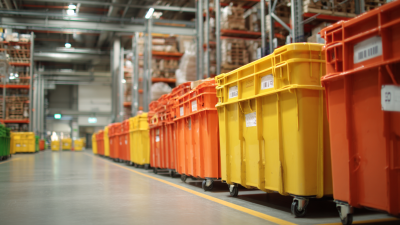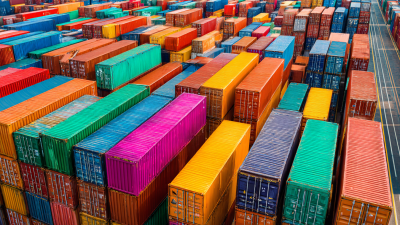Welcome to this website!

In today's fast-paced business environment, the importance of efficient waste management cannot be overstated, and choosing the right Bin Container is essential for operational success. According to a report by the Environmental Protection Agency, the U.S. generates over 292.4 million tons of trash annually, with commercial waste accounting for a significant portion of this figure. Proper waste disposal not only helps businesses comply with local regulations but also contributes to sustainability efforts, which are increasingly becoming a priority for consumers. Moreover, the right Bin Container can improve workplace safety and hygiene, enhance productivity, and optimize space utilization. Given these factors, understanding how to select the perfect Bin Container tailored to your unique business needs is crucial. This ultimate guide will provide you with the insights and best practices necessary to make an informed decision, ensuring your business thrives while minimizing its ecological footprint.
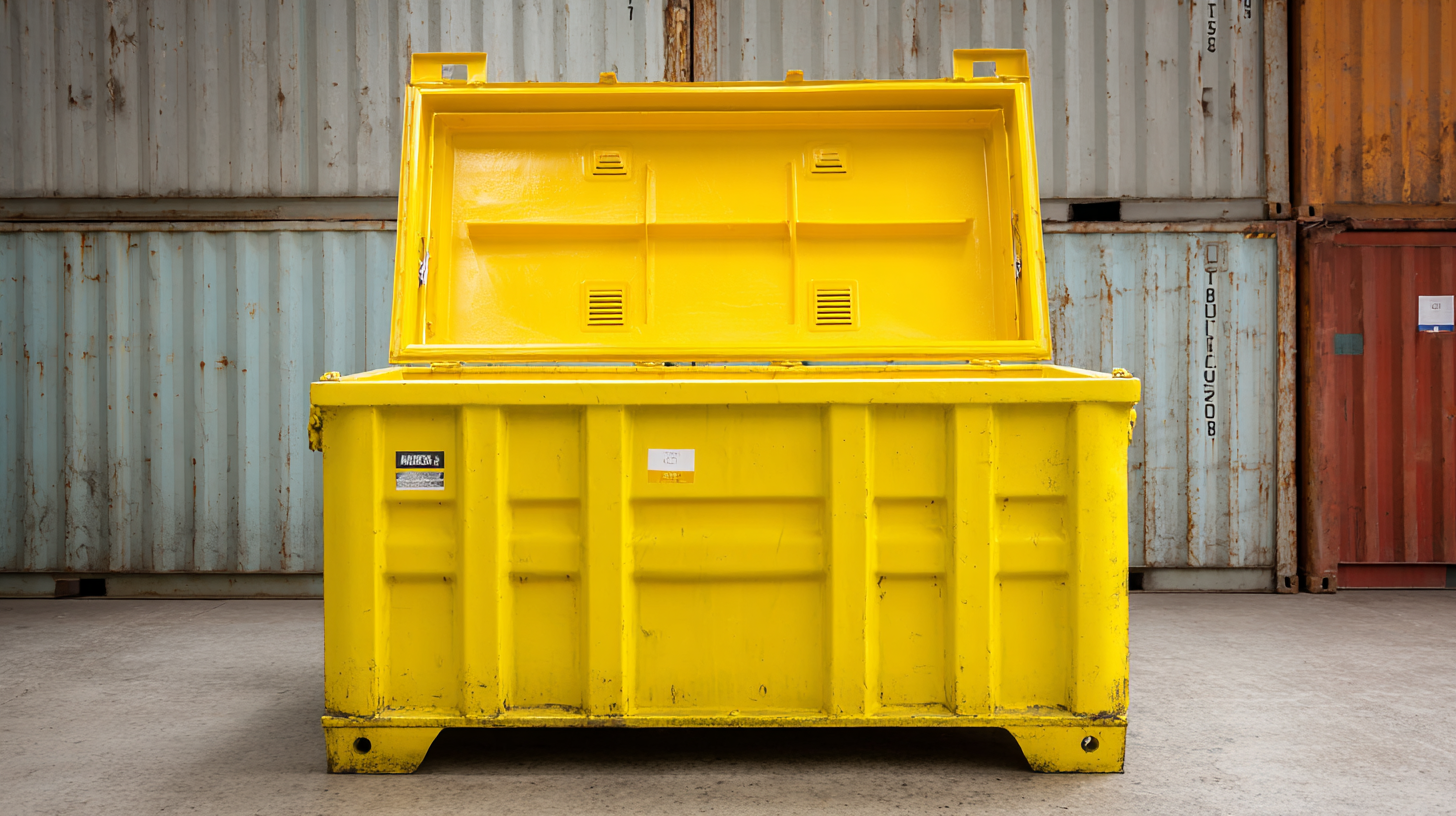
When selecting the ideal bin container for your business, understanding your specific waste management needs is crucial. Different industries generate varying types of waste, requiring tailored solutions. For example, retail businesses might prioritize aesthetic indoor trash cans to blend seamlessly with their environments, while construction sites necessitate robust outdoor bins capable of handling heavy debris and materials. In addition, businesses that produce organic waste, such as restaurants or food processing units, may benefit from composting solutions that align with eco-friendly practices.
Furthermore, as the global waste management market continues to evolve, the need for innovation is more pronounced. With projections indicating significant growth in waste management technologies, including smart waste bins and robotic waste collection, it’s essential for businesses to stay informed about the latest trends. Adopting advanced waste management solutions not only improves operational efficiency but also enhances corporate responsibility, particularly as sustainability becomes an increasingly important factor for consumers and regulatory bodies alike.
When choosing the right bin container for your business, the size and capacity are critical factors to consider. A container that is too small may lead to frequent overflow and maintenance issues, while one that is excessively large could waste valuable space and resources. It's essential to assess the volume of waste your business generates regularly and select a bin that accommodates that volume comfortably.
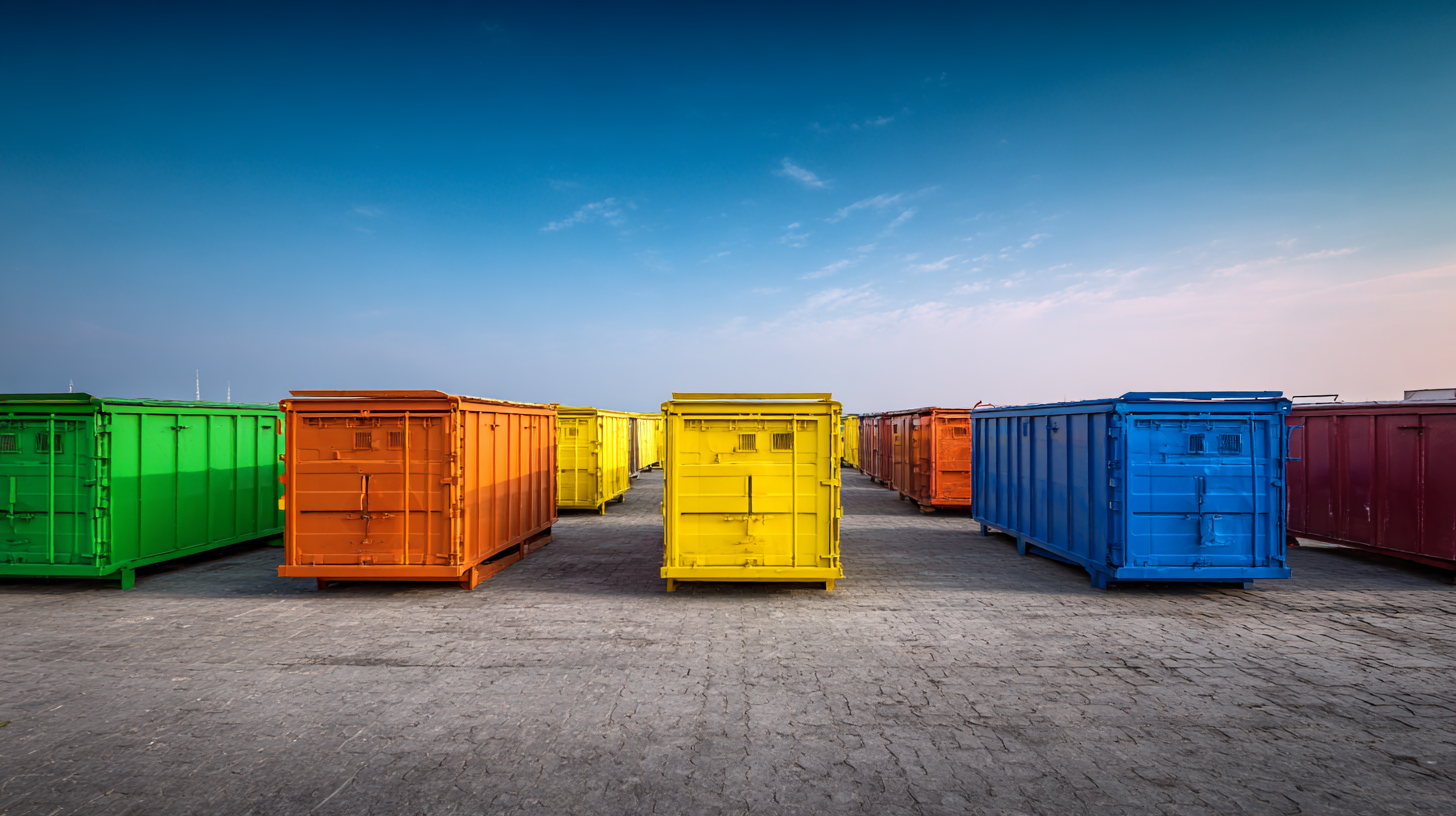
Tip: Always measure the designated area for your bin before making a decision. This will ensure that the chosen size fits well without obstructing walkways or creating safety hazards. Additionally, consider the frequency of collection services; a bin that aligns with your collection schedule can enhance efficiency and prevent overflow.
Understanding the specific needs of your business will also guide you in determining the appropriate capacity. For example, if you handle materials that vary greatly in size or weight, a versatile bin with adjustable features might be more beneficial. This flexibility can help you manage different types of waste without the need for multiple containers.
Tip: Analyze your waste types to identify any recyclable materials. Selecting a bin with separate compartments for different recyclables can not only improve waste management but also potentially lower disposal costs over time.
When selecting the right bin container for your business, understanding the materials and their durability is paramount. As businesses increasingly prioritize sustainability, composite materials have gained traction across various industries, including waste management. These materials often offer enhanced durability compared to traditional metals, making them suitable for outdoor use or environments with harsh conditions. Lightweight yet robust, composite bins can withstand the rigors of daily utility without compromising on aesthetic appeal, ensuring that they meet both functional and environmental standards.
Furthermore, the recent emphasis on composting in urban areas highlights the need for resilient and sustainable bin solutions. For example, modern compost bins are designed not just for efficiency but also for integration into green buildings, utilizing recycled aggregates to enhance performance and lifespan. This aligns with initiatives aimed at achieving a circular economy, where the selection of durable materials can significantly reduce waste and maintenance costs. By considering the materials used in bin containers, businesses can make informed choices that support their operational goals while also contributing to broader environmental objectives.
When selecting a bin container for your business, it’s essential to prioritize innovative features that enhance efficiency and sustainability. Data from the Environmental Protection Agency (EPA) indicates that efficient waste management can reduce operational costs by up to 30%. Modern bins now come equipped with smart technology, allowing for real-time monitoring of waste levels. Sensors can alert management when it's time for collection, optimizing routing and minimizing fuel consumption.
**Tip:** Consider investing in containers made from recycled materials, which not only contribute to a circular economy but also appeal to environmentally conscious consumers. Furthermore, look for bins with modular designs. These containers can easily be adjusted or expanded based on your specific waste management needs, making them a versatile choice for growing businesses.
Another innovative feature to look for is user-friendly access designs. Bins with side openings or foot-pedal activation encourage proper use and improve hygiene standards. According to a study by the Waste Management Research Institute, tools that promote proper waste disposal can increase recycling rates by up to 50%. Employing these advanced bin features facilitates a cleaner environment and supports your business’s eco-friendly initiatives.
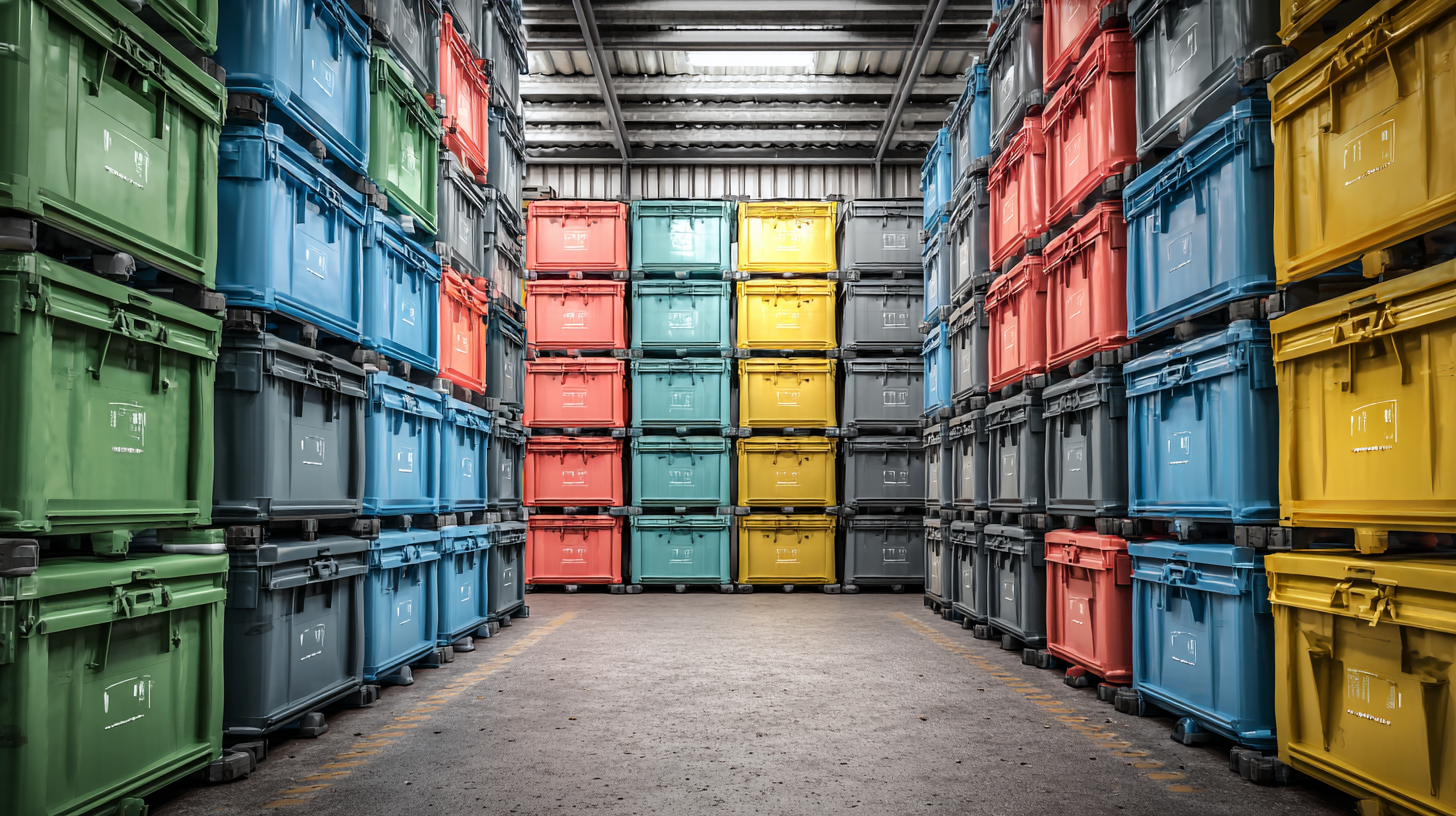
When selecting the perfect bin container for your business, cost-effectiveness is a pivotal consideration. Understanding your budget constraints allows for more strategic planning, ensuring that you get the most value out of your investment. Just as businesses are turning to affordable web hosting solutions that deliver comprehensive features at minimal costs, similarly, bin container options should align with your financial goals without sacrificing quality or functionality.
Moreover, as industries evolve and face rising operational costs, investing in budget-friendly bin containers can alleviate some financial pressures. The latest trends indicate a growing emphasis on innovative materials that not only reduce costs but also contribute to sustainability efforts. Ensuring your bin containers are both economically advantageous and environmentally responsible will enhance your brand’s image while optimizing your waste management processes. This dual focus on cost and efficiency is integral as businesses navigate their expenditures amid the increasing demands of modern operations.
| Container Type | Capacity (Gallons) | Material | Estimated Cost ($) | Durability (Years) | Ideal Use Case |
|---|---|---|---|---|---|
| Plastic Bin | 32 | HDPE | 50 | 5 | Retail Stores |
| Metal Bin | 55 | Steel | 120 | 15 | Industrial Use |
| Composite Bin | 40 | Plastic/Metal | 80 | 10 | Waste Management |
| Organic Bin | 30 | Biodegradable Plastic | 45 | 2 | Food Industry |
